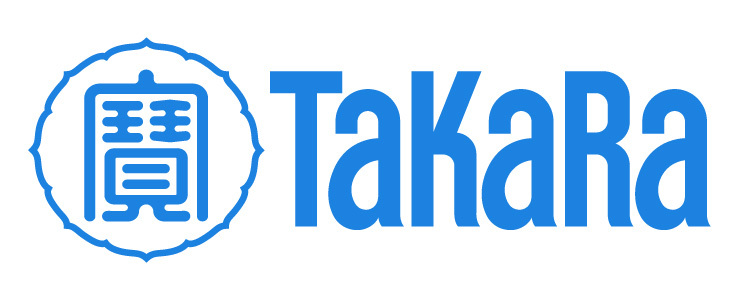New enzyme promises safer, more cost-effective mRNA synthesis
Takara Bio has unveiled a novel enzyme designed to enhance the safety and efficiency of mRNA production for therapeutic applications. The PrimeCap™ T7 RNA Polymerase (low dsRNA) addresses two significant challenges in mRNA synthesis: reducing immunogenic double-stranded RNA (dsRNA) and lowering the cost of capping.
The mutant T7 RNA polymerase maintains high-performance RNA synthesis whilst reducing dsRNA production to less than 10%. This significant reduction in dsRNA formation addresses a major safety concern in mRNA therapeutics, potentially removing a barrier to their widespread use.
Cost-effective capping solution
Genetic modifications to the enzyme have resulted in a fourfold reduction in the required cap analog concentration during in vitro transcription (IVT) reactions. Despite this reduction, the enzyme maintains a capping efficiency above 95%, offering a more economical approach to mRNA production.
Dr Tarik Hadi, Senior Market Strategy Manager for mRNA Therapeutics at Takara Bio Europe, explained the significance of these developments: “There are currently two main challenges that need to be overcome in the process of in vitro mRNA synthesis: Firstly, the generation of highly immunogenic double stranded RNA during mRNA synthesis constitutes a major safety concern and, unless it can be reduced, represents a barrier to the use of mRNA therapies. Secondly, for in vitro transcribed mRNA to be translated into functional proteins, it must possess a cap structure at the 5’-end. While the use of synthetic cap analogs has proven to be a safe and effective way of adding this cap structure to synthetic mRNAs, their addition can represent up to 80% of the total cost of raw materials in the IVT reaction. We are thrilled to launch this enzyme which will remove both the technical and financial barriers to the successful production of mRNA therapeutics.”
Future developments
Whilst currently available in research grade, Takara Bio plans to release a GMP version of the enzyme in the near future. This development aligns with the company’s expanding range of GMP-grade enzymes for mRNA synthesis, offering a comprehensive portfolio of tools for researchers and manufacturers in the mRNA therapeutics field.
For more information, visit: https://tinyurl.com/4j2ue9r4
Digital issue: Please click here for more information





